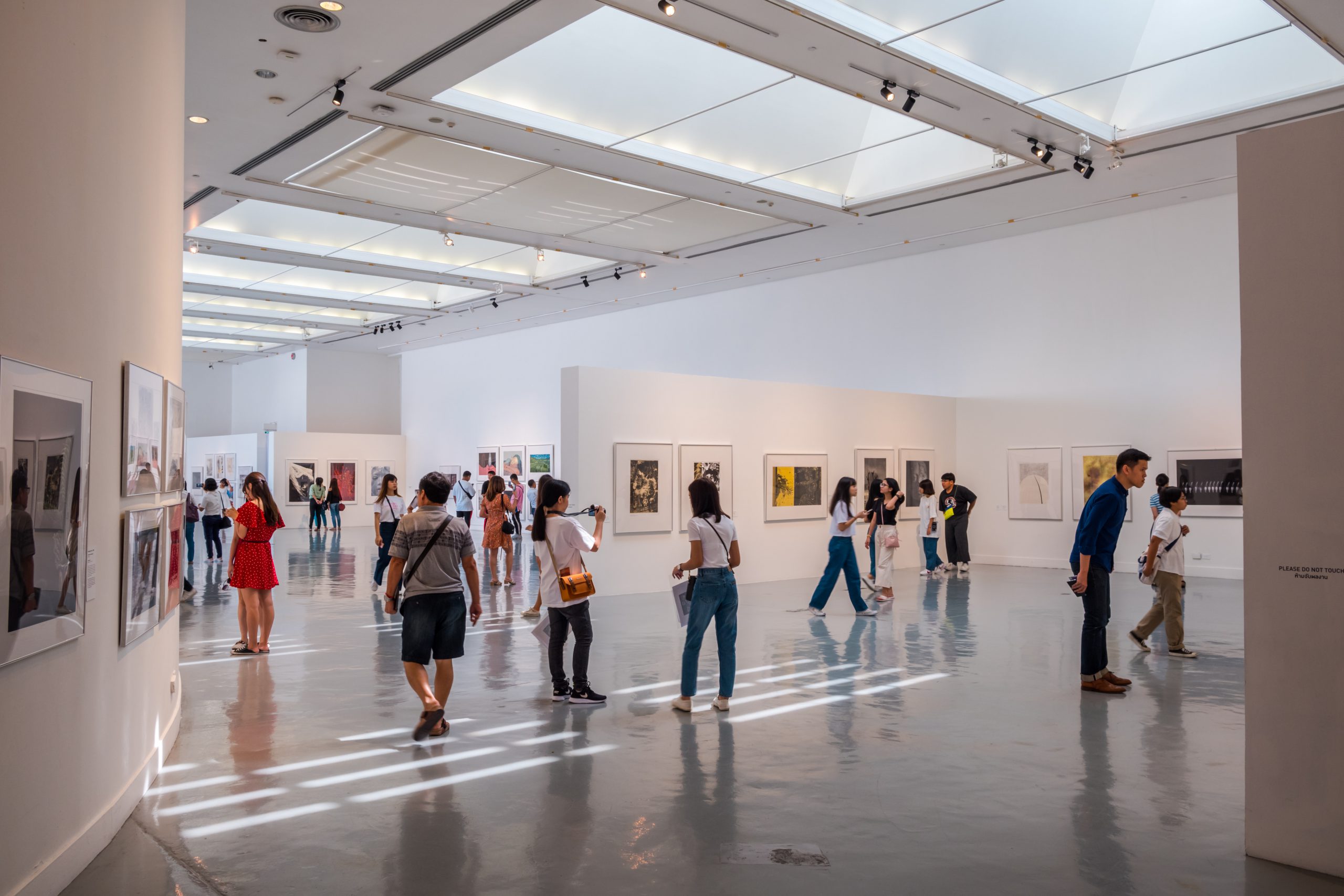
RogerEbert.com publisher Chaz Ebert’s second video dispatch from the 2023 Cannes Film Festival, made with Scott Dummler of Mint Media Works, features an exclusive report on the festival’s opening ceremony honoring actor Michael Douglas and the controversial screening of Maïwenn’s “Jeanne du Barry” starring Johnny Depp. You can view Chaz’s full report in the video embedded below, followed by a transcript of her words.
The 76th Cannes Film Festival is open for business, and now in a primarily post-Covid world, it feels back to normal in a way it hasn’t since 2019 – even though our Two Weeks in the Midday Sun has been interrupted with a bit of rain at the moment. Still the streets are crowded, the press conferences are packed, and everyone seems to be complaining about how tough it is to get tickets to the films.
The opening ceremony featured a rendition of “Stand by Me” by the British-American singing group Gabriels before the honorary Palme d’Or was presented to legendary actor and producer, Michael Douglas. He was introduced by Uma Thurman who said he was given the award because he had a deep and lasting impact on cinema. She called him “a unique titan, an eternal star and a radiant artist.” Douglas gave a heartfelt speech about his long career, giving credit to three people or institutions, including the influence of his famous father. And then, the subject of this year’s festival poster, Catherine Deneuve, came on stage and helped officially open the festival.
Ahead of Cannes’ official opening, festival president Thierry Fremaux gave an interesting introductory press conference. When asked about the controversy surrounding Johnny Depp’s appearance in the opening night film, he said he knew little about Americans’ recent thoughts about the actor. Depp plays King Louis the 15th alongside director Maïwenn in the French film “Jeanne du Barry.” The film depicts Maïwenn as a lowly orphan girl who uses her charm to climb the social ladder of France all the way to the King himself. It’s beautifully shot, lushly scored, and has fantastic costumes. But the film itself was more cliched that I was expecting since it’s director is a woman. And it is very restrained, lacking the passion one expects from an amour fou or crazy love relationship.
The reception in the red carpet screening where I viewed it was polite (I have personally observed many more enthusiastic ovations) although I heard that the press screening could only be described as coolly received. I am wondering how the French will accept Johnny Depp in the role as Louis XV, who was so loved by the French that they called him Louis the Beloved. Frankly I expected more of his performance but he was not in the film as much as I had anticipated. The film seemed to belong to Maïwenn as Jeanne du Barry.
It has been rumored that parts of Depp’s performance had been cut because of his controversial court case with his former wife. But here I have to say that I have found a distinct difference in the attitudes of the French to Depp (who love him and were mostly outraged that the Americans could not separate the art from the artist), and the Americans, who asked more questions about whether Depp was too controversial to be allowed to appear on opening night at the film festival. Ah, but this is Cannes and international controversy is as much a part of the festival as the films. In fact, the press conference for the film was significantly delayed while waiting for Johnny Depp to arrive. And when he did show up, he was at times rambling.
Social demonstrations are raging all over France in protest of the raising of the national retirement age from 62 to 64. It’s even an issue that was joked about at the recent White House correspondents dinner. And while the city of Cannes has made it illegal to protest near the festival, everyone is wondering what will actually take place. Back in 1968, directors like Jean-Luc Godard and Francois Truffaut stood alongside student protestors who attempted to shut down the festival that year. This year, jury president Ruben Östlund commented on the struggle between siding with the protestors yet wanting to see the film festival proceed. Outside of the two-time Palme d’Or-winning Jury president, other jury members include 2021 Palme d’Or winner Julia Ducournau, Zambian-born director Rungano Nyoni, actor/director Paul Dano, and first-time Cannes attendee Brie Larson. Paul Dano talked about how he was inspired to make his own movies after connecting with the films in Cannes.
Cannes itself has been inspired to try and continually improve itself. This year, a record 7 films in competition are directed by women including Alice Rohrwacher with “La Chimera”, Jessica Hausner with “Club Zero”, and Ramata-Toulaye Sy a first time filmmaker from Senegal. With more people traveling to Cannes each year comes more environmental impact. To offset this, 20 Euro from each attendee is collected by the festival and put toward carbon offsets and other green initiatives. Additionally, the festival has already cut way back on paper consumption, providing nearly all communication and ticketing through electronic means. And this year, the festival is even cutting back on the amount of red carpet being used to cover the famous steps of the Palais.
But one thing we know is that the stars and moguls of cinema will still be here, day after day, night after night, to walk that carpet and climb those steps. And we’ll also be there every step of the way. So come back next time as we’ll report on the everything around Cannes, including the new film from Martin Scorsese, Hirokazu Kore-Eda’s film AND the fifth and final installment of Indiana Jones, and plenty more. Visit rogerebert.com/festivals for reports from all sections of the festival including written reports from Ben Kenigsberg, Jason Gorber, Isaac Feldberg and Lisa Nesselson.
Until then, au revoir!
Read Ben Kenigsberg’s review of “Jeanne du Barry” here.




